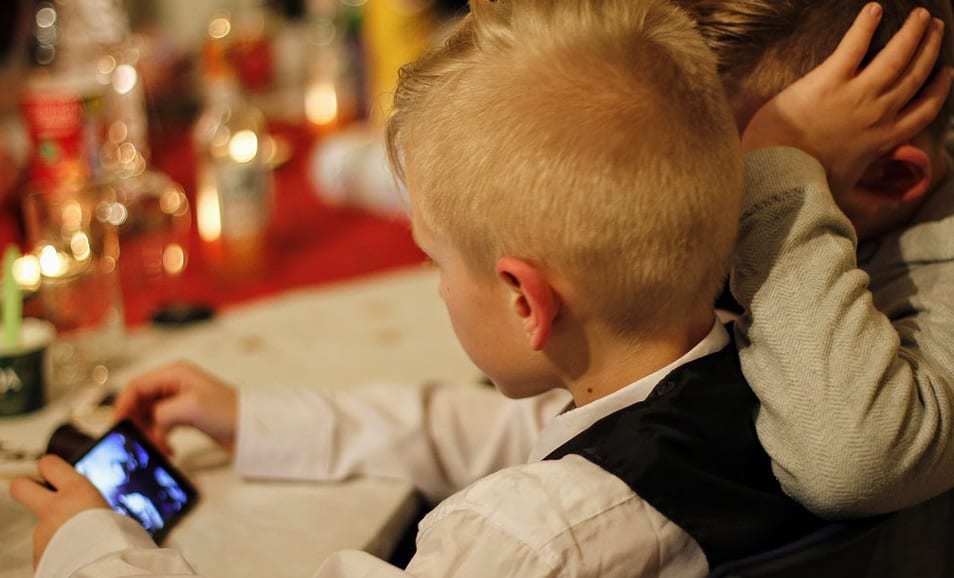Despite Google’s strong privacy track record, it has allegedly allowed thousands of apps to track kids.
Google, known for its positive track record with personal data security, has allegedly allowed improper Android app tracking of children. This does not imply that the company itself has been gathering data about kids. That said, it has not prevented third parties from doing it through apps running on its mobile operating system.
In that area, Google has a far less impressive track record for protecting its youngest users.
This is not the first time that Google has been accused of allowing Android app tracking of kids. It is only the most recent. It was noticed by researchers linked with the International Computer Science Institute. They looked into the Google Play store apps in the “Designed for Families” section. What they discovered was that there were thousands of apps within that category that had the potential to track children’s online activities.
They stated that through that category, they were able to access “sensitive data protected by Android permissions,” from 28 percent of the apps they tested. Furthermore, their research reported that among the 5,855 free apps targeted at kids at the Play store, 73 percent “transmitted sensitive data over the Internet.”
The Android app tracking survey received financial support from the National Science Foundation.
University of California, Berkeley Center for Long Term Cybersecurity (CTLC) researchers conducted this study. Its primary goal was to determine whether Google and Android app developers were in violation of the Children’s Online Privacy Protection Act (COPPA). COPPA is a federal law limiting the amount of permitted data collection from children aged 13 years or younger.
The university researchers determined that many of the mobile apps for kids were not COPPA compliant. The reason is that they did not obtain “verifiable parental consent.”
The research report offered a list of various alleged COPPA violators. They included BookMyne and NFL Emojis, among many others. That said, they also specified that they “do not mean to show definitive legal liability, nor do we offer legal advice.”
Instead, they said the reason they published the results of the Android app tracking study was that they sought to draw attention to “potential COPPA rule violations.”


